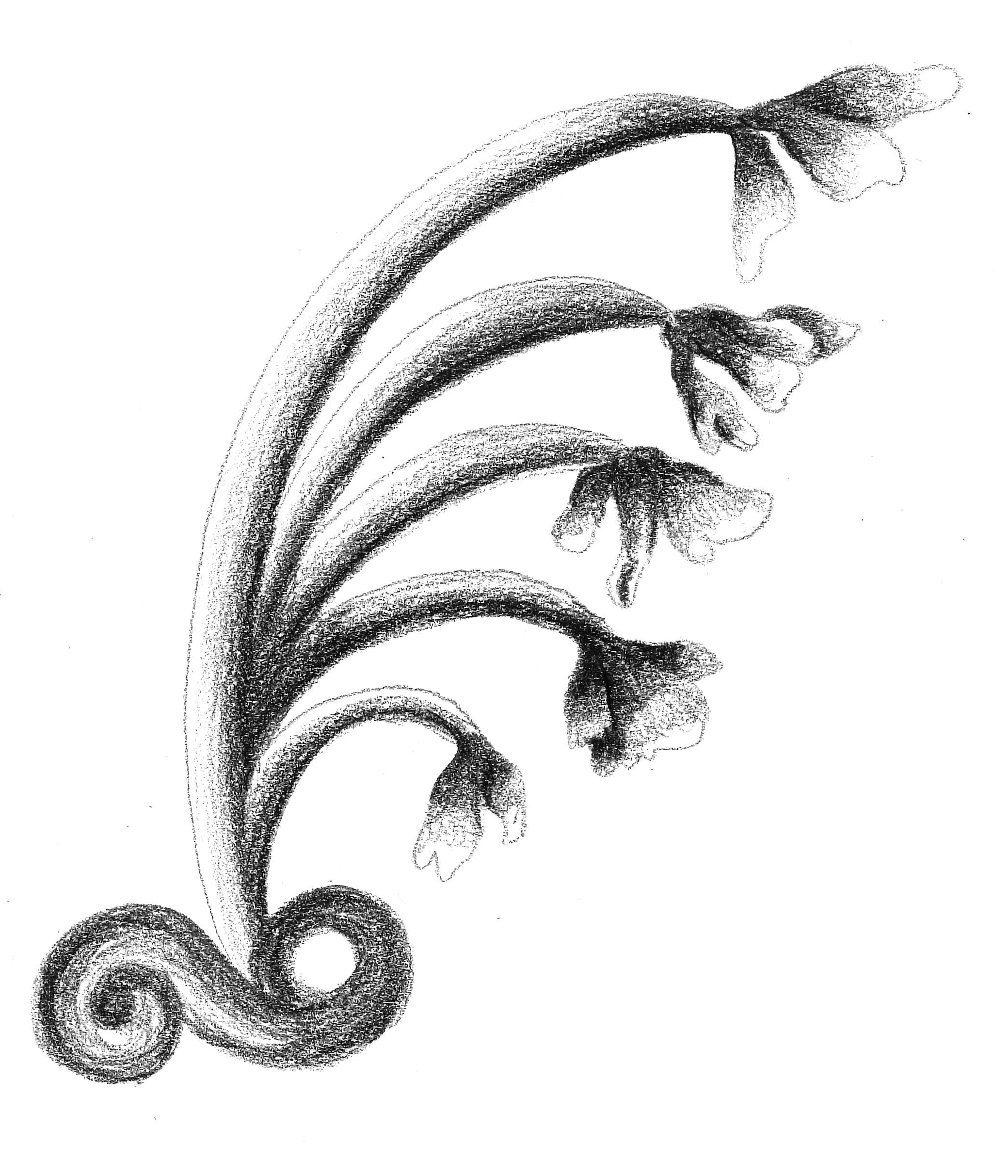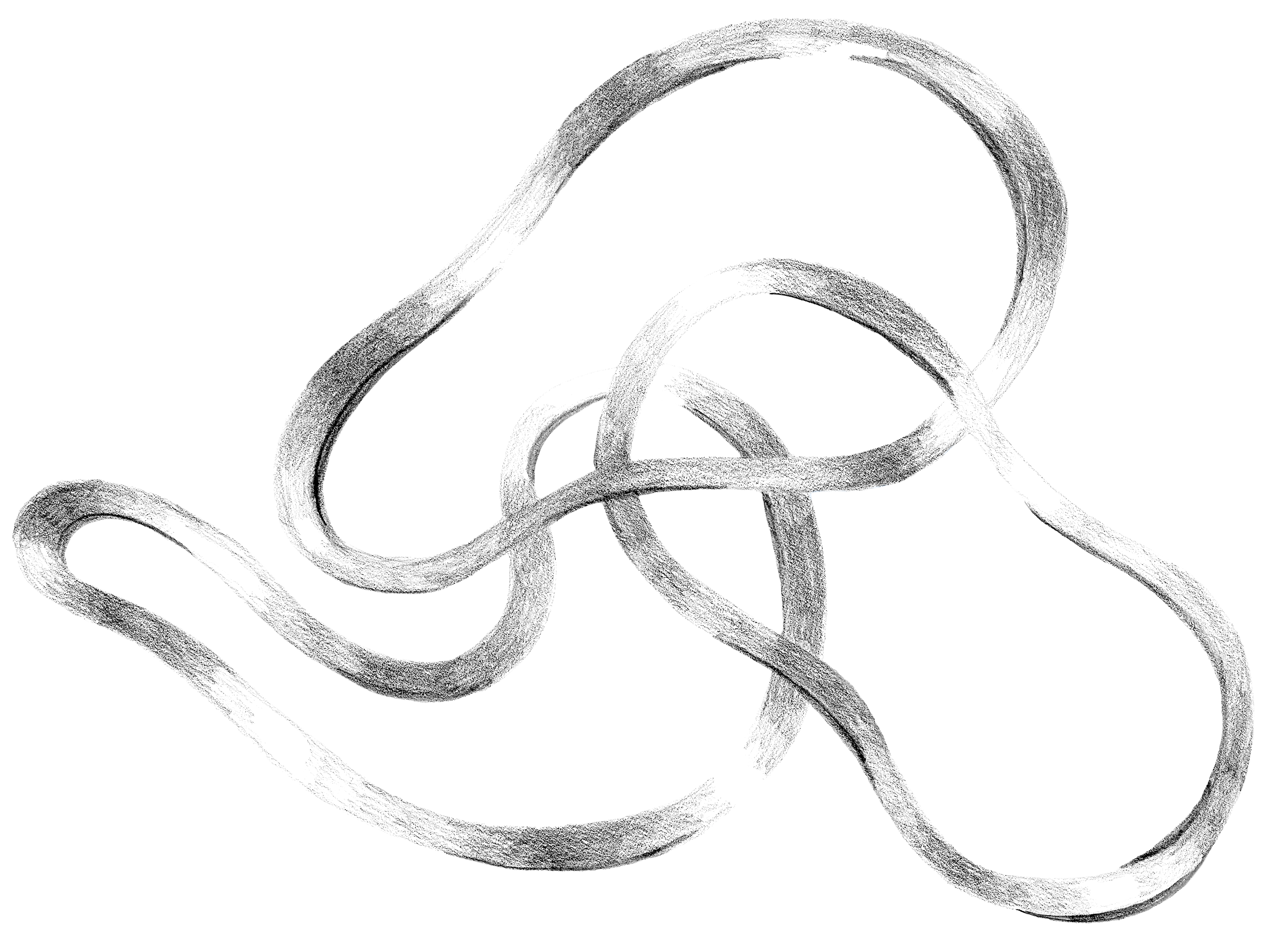About
Learning in Becoming is a platform dedicated to sharing and building practices, perspectives, systems, and pedagogies that approach ecological education from critical, posthumanist and decolonial perspectives.
Learning in Becoming looks for other ways of ecological education through collaborative, artistic and transdisciplinary approaches. In other words, ecopedagogy through the arts and in ways that cultivate hope, action, collaboration and justice at a time of converging crises that urgently call for cultivating our imagination and a profound understanding of our intra-dependence. These other ways are rooted in centuries of Indigenous wisdom and sprout from mutual aid grassroots movements. Some have been spelled out by the wonders of the world since the beginning of time, while others have been decoded by climate scientists, supercomputers and biologists. Others have been whispered by sentinel plants and fungi into the ears of artists, authors and curators. Critical theorists and philosophers have also proposed other ways of doing and making sense of things. Some ways have been formed during assemblies in community centres, or forged by climate protesters alongside musicians. Dramaturges, dancers and acrobats have also choreographed ways to heal, to resist and to mourn. Other ways were already perfected by our ancestors and continue to inspire architects, builders, farmers and engineers. In all their brilliant diversity, difference and entanglement, these other ways attempt to imagine beyond the escalating and converging crises of the present and craft worlds we want to live in.
HOW THIS WORKS
The notions of Sayings, Doings and Relatings stem from an approach called practice architectures which is dedicated to studying how practices may transform. ‘Sayings’ looks at how language, words and thoughts contribute to the discourses and culture of a practice. ‘Doings’ looks at the site-time-material configurations a practice depends on, or builds from. ‘Relatings’ is about the relationships and alliances formed through a practice, and the degrees of power, care, and solidarity that underline them.
Sayings, Doings and Relatings are interconnected, continuously shifting and affecting one another. Feminist scholar and philosopher of science, Isabelle Stengers suggests that an ‘ecology of practices’ aims to approach practices as they may become, not as they are. She also advocates for the construction of new ‘practical identities’ to be present and to be connected between them. Inspired by her work, this platform recognises the value of quantitative and qualitative research frameworks as well as post-qualitative methods and embraces one of the most widely known teachings of Elders Dr. Albert and Murdena Marshall from the Moose Clan of the Mi’kmaw Nation called ‘Two-Eyed Seeing’ (‘Etuaptmumk’ in Mi’kmaw). ‘Two-Eyed Seeing’ advises us to see the strengths of Indigenous knowledges and ways of knowing from one eye, and the strengths of scientific knowledge from the other, with the purpose to bridge cultural and epistemic divides, but without perpetrating the historic oppression of the former.
Learning in Becoming also embraces the generative effect of getting lost among them. I hope the reader also feels comfortable and even curious to roam in the folds and overlaps of the in-betweens.
WHO IS THIS FOR
This space aims to inspire and celebrate educators, activists, art workers, (re)searchers, scientists as well as institutions and organisations, whose work and curiosity lie in the folds of creatively and critically learning about our worlds through the arts. It offers insights from a variety of disciplines and perspectives and, in a variety of formats and vocabularies, in an attempt to bring ideas together in a world still primarily understood in silos that assigns voice and credibility solely to experts and undermines ways of knowing that do not conform to the mainstream.
BY WHOM
Learning in Becoming is the online home of the practice-led study ‘Learning on a Damaged Planet’ initiated by Cypriot art curator and researcher Denise Araouzou, and supported by Kone Foundation. The study began in 2021 at the intersection of an MA in ‘Education for Sustainable Development’ at the University of Gothenburg and a post-masters at the Royal Institute of Art in Stockholm, titled ‘Collective Practices II: Symbiotic Organisations’ led by Grégory Castéra. The research project unfolds across Cyprus, Italy, Sweden and Finland while being inspired by several collective efforts elsewhere. Many have contributed to making this what it is. You can learn about them in Relatings.
WHY
Learning in Becoming wishes to contribute to ongoing efforts across cultural, educational and research fields that remember and build ways of becoming more response-able and more accountable for the planet and the life we have inherited. More specifically, it proposes that an ecopedagogical approach may be a way of addressing certain blind spots and challenges present across individual, collective and institutional frameworks.
ACKNOWLEDGEMENTS
I would like to acknowledge the remarkable publication ‘Arts for Living on a Damaged Planet’ (2017), co-edited by Anna Lowenhaupt Tsing, Elaine Gan, and Heather Anne Swanson, which has inspired this endeavour and the name of this study.
WEBSITE
Design
Benedetta Crippa
Coding
Ilaria Roglieri
LICENSE
© Denise Araouzou
Work authored by Denise Araouzou is licensed under the Creative Commons CC-BY-NC 4.0 International License.




